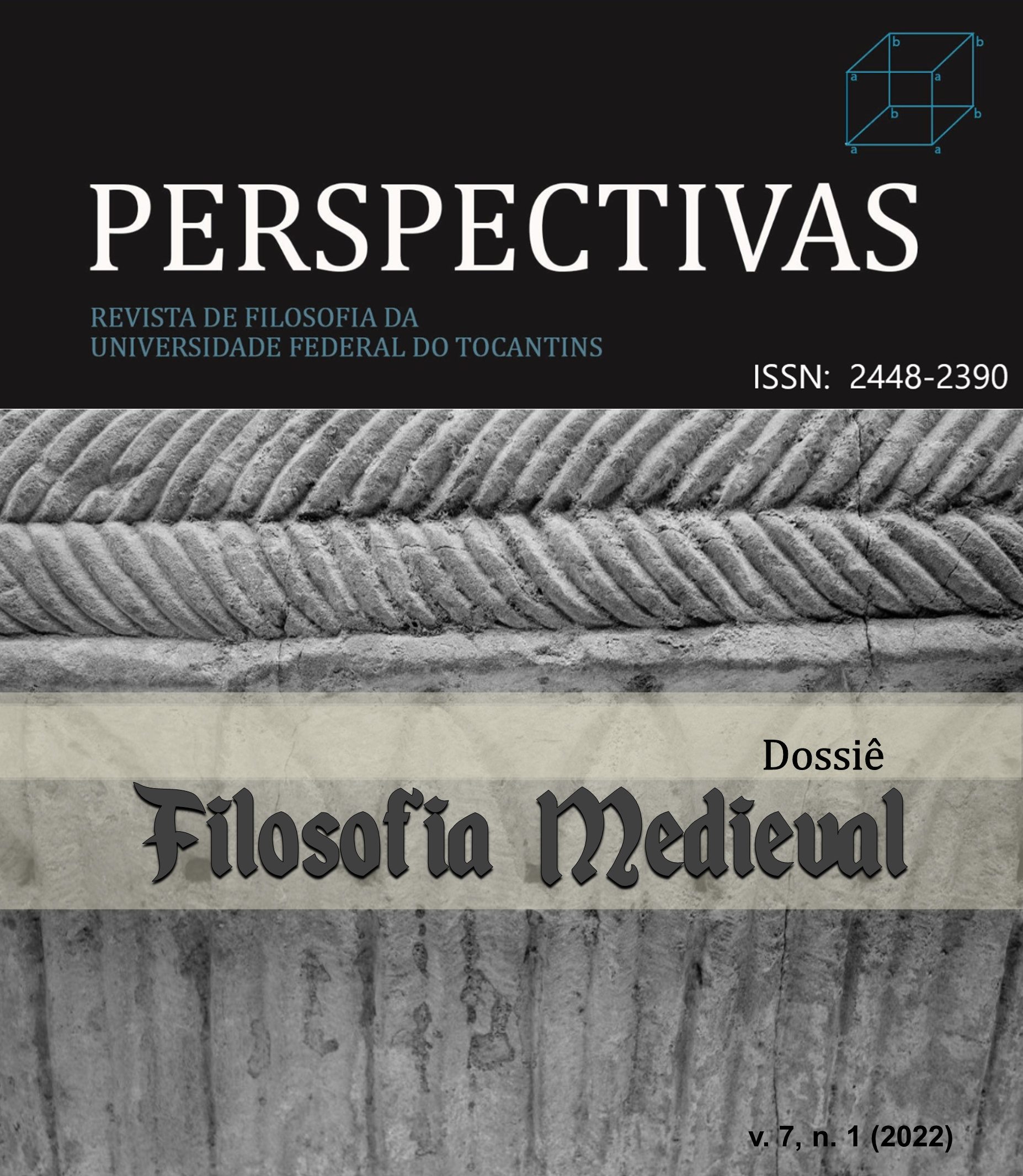Tomás de Aquino e a questão metafísica
Da representação ao ser
DOI:
https://doi.org/10.20873/rpv7n1-31Abstract
The present text aims to reflect on the resumption of Tomasian metaphysics not only as a fixation in the historical, cultural and philosophical context in which medieval metaphysical thought was exercised, but, above all, as a possibility of still thinking about issues of meaning of the present times. The revival of the act of philosophising does not rule out the intellectual relevance of thinking about the tradition and primacy of the act of existing in the order of the intelligibility of things and being in the intentional order cast questions at contemporary metaphysical debates. By going from the protological to the logical level, a metaphysics of existence is recognized (esse) and, when it passes from the psychological to the gnosiological level, a metaphysical of judgment is clearer. Tomasian thought resumes the primordial senses of order, intelligence and nature in the theory of judgment, which goes from representation to being, in which separatio constitutes the metaphysical gesture of intelligence capable of unsealing the culmination of the intelligibility of the act of existing as the foundation of all reality, opening the horizon of possibility of understanding contemporary anthropological challenges and their unfolding in existence, from a deeper reference than those offered by subjectivist, relativistic and nihilistic conceptions of the world.
Downloads
Published
How to Cite
Issue
Section
License
The Magazine is under the Creative Commons Attribution 4.0 International Public License (CC BY 4.0), according to which:
1) The authors retain the copyright and grant the journal the right of first publication, with the work simultaneously licensed under the Creative Commons Attribution which allows the sharing of articles published with the recognition of authorship and initial publication in this journal.
2) Authors are authorized to enter into additional contracts separately for distribution of the version of the work published in this journal, as long as there is recognition of authorship and initial publication in Perspectivas.
3) Authors are authorized and encouraged to disseminate published texts with proper references to the journal and its authors.





















